Rajshahi, Sept 21 (V7N) – Jute farmers across Rajshahi are expressing satisfaction as favorable market prices bring optimism at the start of this year’s harvest season. Freshly harvested jute has begun reaching local markets, with prices ranging between Tk 2,300 and Tk 2,800 per maund depending on quality, higher than the same period last year.
Farmers and laborers are currently busy cutting, retting, stripping, and drying jute in the fields. At markets across different upazilas, trading is in full swing, with both buyers and sellers anticipating a profitable season.
Field reports from Godagari upazila show farmers engaged in stripping golden fiber after retting jute stalks in water bodies. Once dried under the sun, the fiber is sold to wholesalers at local trading hubs. Farmers said the promising start has brought smiles, as early sales already ensure better returns than last year.
According to the Department of Agricultural Extension (DAE) in Rajshahi, jute was cultivated on 17,085 hectares this season, compared to 19,600 hectares last year — a decline of 2,515 hectares. Despite reduced acreage, officials said favorable weather contributed to healthy yields.
Traders confirmed that last year’s prices were also strong, particularly toward the end of the season. However, this year’s early-season prices are already Tk 200 higher per maund, raising hopes for sustained profitability.
Mokul Hossain, a farmer from Dighahat in Bagha, said early worries about insufficient water for retting eased after recent rainfall filled canals and ponds. “Now, we can ret jute properly, and market demand is good,” he said.
Another farmer, Amirul Islam of Baousa Amrpur village, noted that higher labor costs due to waterlogged fields increased expenses but were offset by strong prices. He recently sold six maunds of jute for Tk 12,900 at Dighahat market, covering additional transport and fees. “There is no problem with demand; buyers are competing,” he added.
Businessman Abul Kalam observed that prices in neighboring Naogaon are Tk 500 to Tk 600 higher per maund because of superior quality. “Rajshahi’s jute has good demand but slightly lower quality in comparison,” he explained.
Farmers said after covering production costs, they earn Tk 12,000 to Tk 13,000 profit per bigha just from selling fiber, with additional earnings from jute sticks used as fuel or sold in local markets.
Agriculture officials advised farmers to avoid harvesting immature jute to prevent production loss. They noted that despite waterlogging in some fields, fiber quality remains unaffected. “Though overall cultivation is down, favorable conditions have led to strong yields, and early market prices are encouraging,” an official said.
END/MRA/SMA/



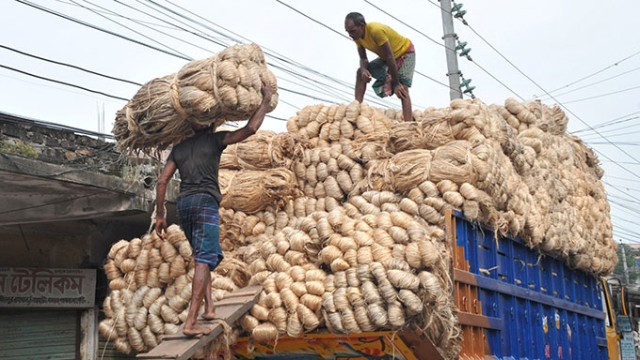
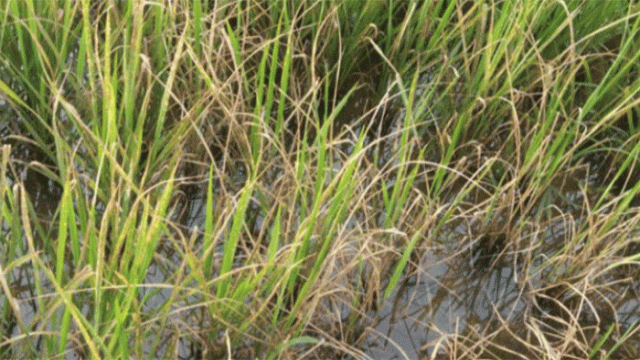

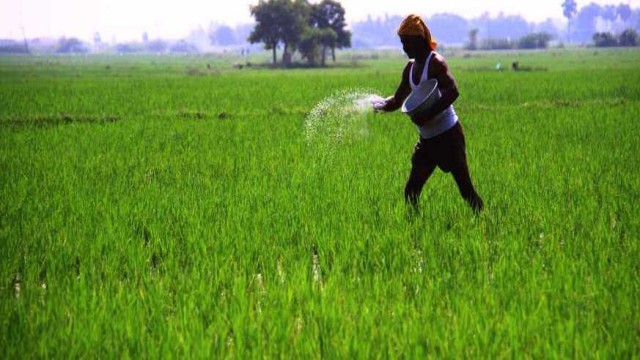
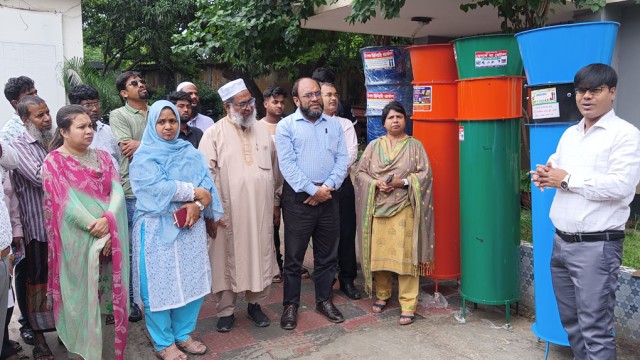
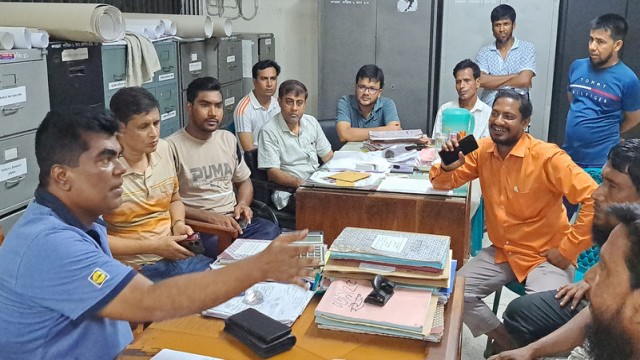


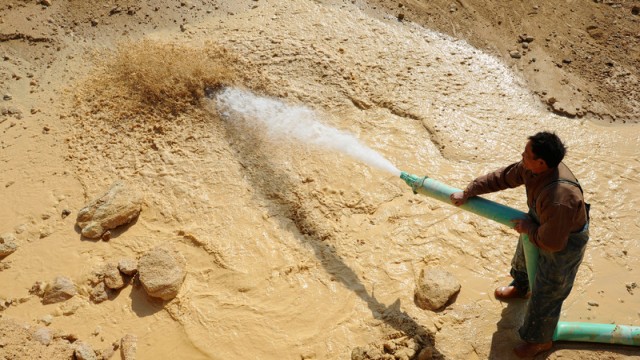

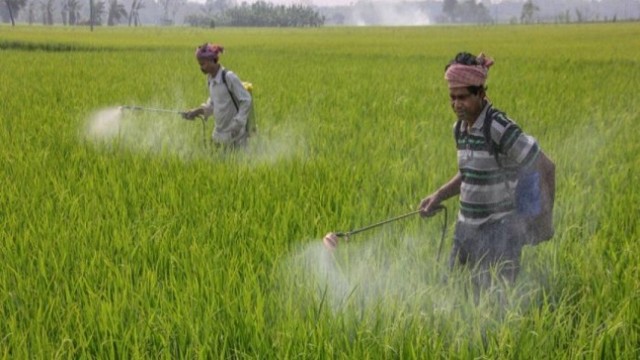
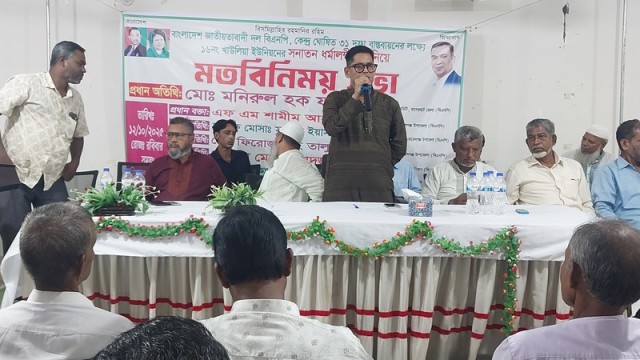


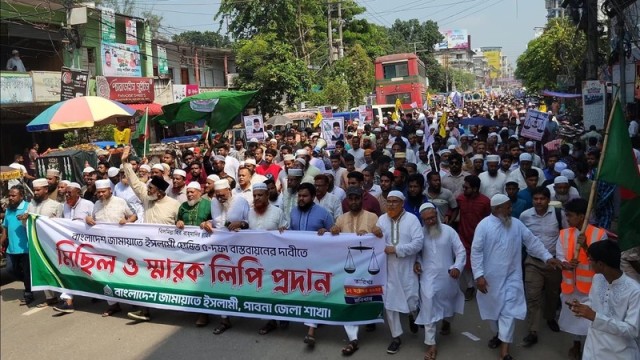


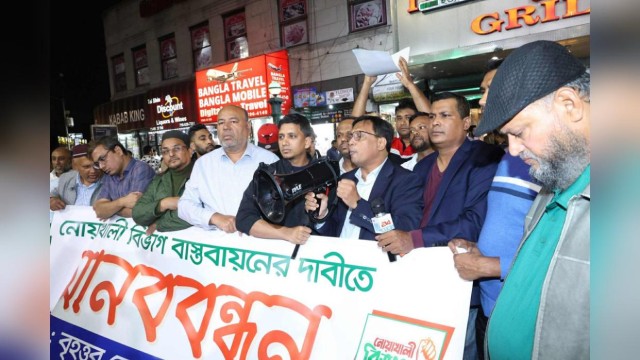
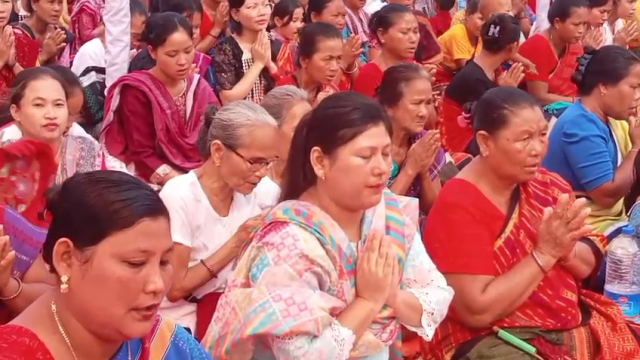




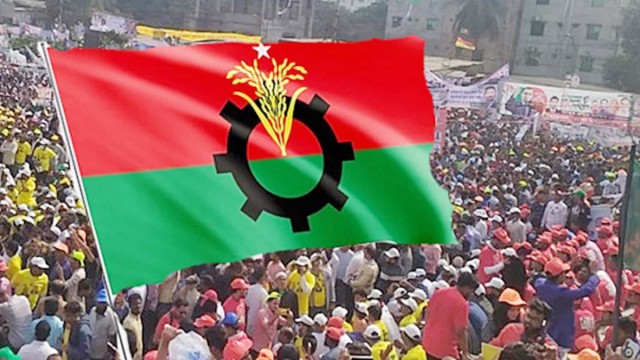



Comment: